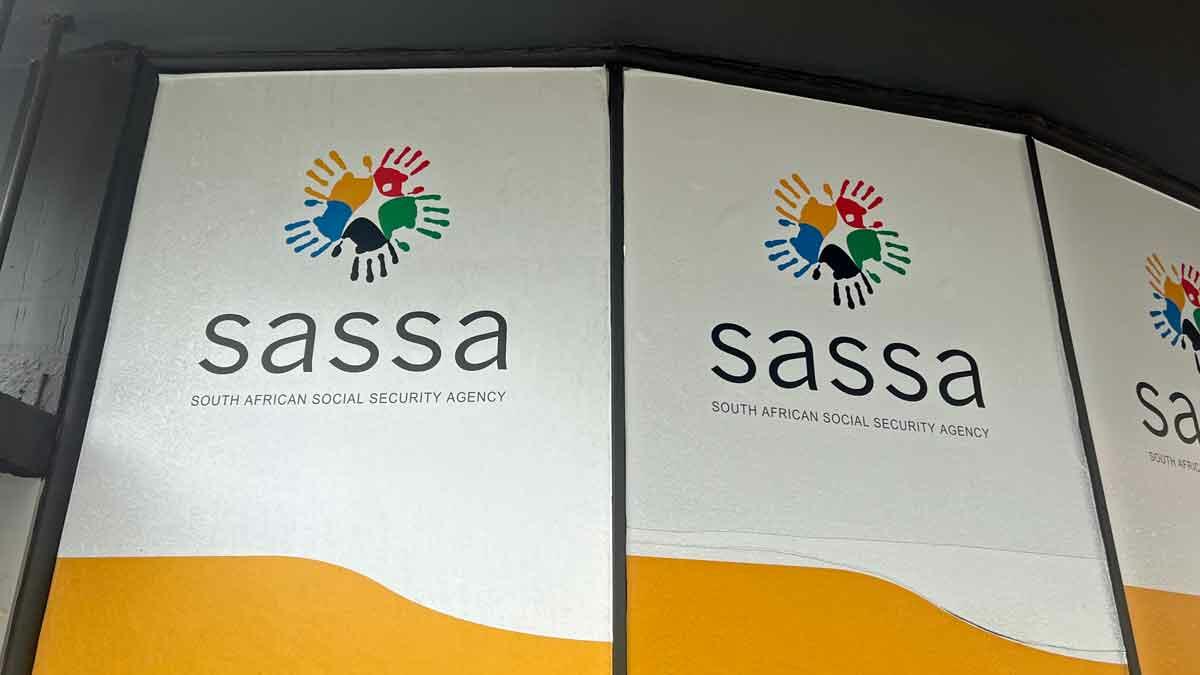
Introduction : R350 COVID-19 Grant
R350 COVID-19 Grant : South Africa’s R350 COVID-19 Social Relief of Distress (SRD) grant, administered by the South African Social Security Agency (SASSA), has been a critical component of the nation’s response to the economic hardships exacerbated by the COVID-19 pandemic. While this grant was initiated as a temporary measure to provide financial relief, its future is the subject of intense debate. In this article, we explore the diverse viewpoints on the potential cancellation or continuation of the R350 grant.
ALSO READ Important Changes in Old Age Pension Grant Payment Dates for November 2023
Support for Continuation:
One side of the debate emphasizes the importance of continuing the R350 grant:
- Lifeline for Vulnerable South Africans: Advocates argue that the grant is a lifeline for millions of South Africans who rely on it to meet their basic needs. This perspective highlights the critical role the R350 grant plays in addressing poverty and food insecurity.
- Mitigating the Impact of Unemployment: Given South Africa’s high unemployment rates, the grant has been seen as a crucial buffer for those who find themselves without income due to job loss, especially during the COVID-19 pandemic.
- Humanitarian and Ethical Imperative: Many people view the R350 grant as a humanitarian and ethical response to the dire economic circumstances faced by a significant portion of the population.
ALSO READ November 2023 SASSA Grant Payments: Dates, Delays, and Vital Information in South Africa
Calls for Expansion:
Some argue that the R350 grant should not only continue but also be expanded:
- Inadequate for Full Support: Critics of the grant’s cancellation suggest that the R350 amount may not be sufficient to cover all essential expenses. They believe an increase in the grant’s value is necessary to ensure beneficiaries can lead a dignified life.
- Reaching More Vulnerable Groups: Proponents of expansion argue for extending the grant to reach a broader range of vulnerable groups who may not currently qualify but still face economic hardship.
Concerns about Sustainability:
Critics of the grant’s continuation raise concerns about its long-term sustainability:
- Government Financial Burden: Some argue that the R350 grant places a significant financial burden on the government. They question whether the country can afford to maintain the grant in its current form indefinitely.
- Overreliance on Cash Grants: Concerns are expressed about the potential negative impact of overreliance on cash grants. Critics suggest that such grants may not be a sustainable solution to poverty and unemployment and that a more comprehensive approach is needed.
Advocating for Job Creation:
An alternative perspective is that the emphasis should shift from cash grants to job creation and economic development:
- Creating Sustainable Employment: Advocates for job creation contend that creating sustainable employment opportunities is a more effective way to address poverty in the long run. They believe that job opportunities are crucial for reducing dependence on cash grants.
- Long-Term Solutions: The argument here is that a strong job market and economic growth are fundamental to lifting people out of poverty and creating lasting positive change in society.
Targeted Assistance and Social Development Reforms:
Another perspective suggests that a more targeted approach and broader social development reforms are necessary:
- Efficiency and Accountability: Advocates for targeted assistance argue for more efficient mechanisms to ensure that the grant reaches those who need it most. This includes reducing potential abuse or inefficiencies in the system.
- Comprehensive Social Reforms: Those who advocate for broader social development reforms believe that addressing poverty and inequality requires a comprehensive approach. This should encompass education, healthcare, housing, and other essential services in addition to cash grants.
Conclusion:
The future of South Africa’s R350 COVID-19 grant is a complex issue, and the debate around it reflects the multifaceted challenges that South Africa faces in addressing poverty and supporting its most vulnerable citizens. As the government weighs these diverse perspectives, it is essential to consider both the immediate relief the grant provides and the long-term strategies required to uplift communities and foster lasting economic development. The decision on the R350 grant’s future will significantly impact the lives of millions, making it one of the most critical and challenging policy decisions in South Africa today.

Be the first to comment